At LSS Law, a bankruptcy law firm located in South Florida, we offer no-cost bankruptcy strategy sessions to help our clients understand the complexities of bankruptcy and make informed decisions. One important aspect of bankruptcy is understanding non-dischargeable debts. Knowing which debts are non-dischargeable can be beneficial when filing for bankruptcy, as it may influence which type of bankruptcy you choose.
In this blog, we’ll explain what non-dischargeable debts are, why it’s important to know about them, and which debts are non-dischargeable in Chapter 7 and Chapter 13 bankruptcy.
What are Non-Dischargeable Debts?

Non-dischargeable debts are debts that cannot be eliminated in bankruptcy. This means that the debtor will still be responsible for paying them even after their bankruptcy case is over. Examples of non-dischargeable debts include:
- Certain taxes
- Child support and alimony
- Student loans (in most cases)
- Debts incurred through fraud or willful and malicious injury (personal injury)
- Court fines and penalties
- Debts incurred while driving under the influence (DUI)
Why it’s Important to Know About Non-Dischargeable Debts

Understanding which debts are non-dischargeable is important because it can impact the outcome of a bankruptcy case. Failing to pay these debts can result in legal action, wage garnishment, or even foreclosure.
To ensure that nondischargeable debt is handled properly, it is imperative to consult with a qualified lawyer and make sure all relevant information is provided to the bankruptcy court during the filing process. A professional will help you navigate the complex bankruptcy process and ensure that all non-dischargeable debts are properly handled.
Non-Dischargeable Debts in Chapter 7 Bankruptcy
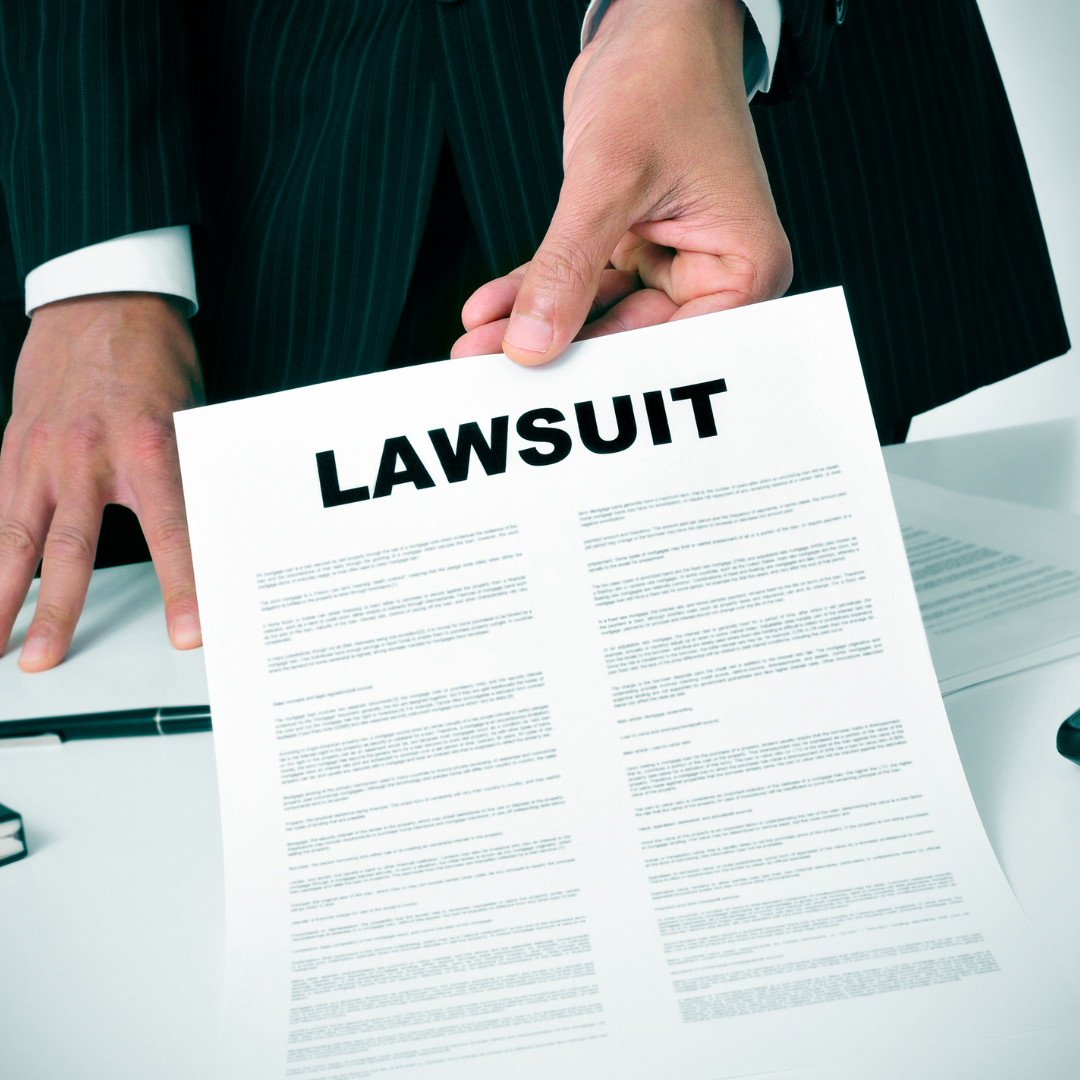
Chapter 7 bankruptcy is a liquidation bankruptcy that allows individuals to discharge most of their unsecured debts. However, there are certain debts that cannot be discharged in Chapter 7 bankruptcy, including:
- Taxes owed to the government
- Domestic support obligations: Child support and alimony debts owed
- Debts incurred through fraud or willful and malicious injury
- Debts arising from court fines and penalties
- Debts incurred while driving under the influence (DUI)
The rules about dischargeable debt versus nondischargeable debts can be tricky. To make things more confusing, the rules are constantly changing.
For example, when filing for Chapter 7 bankruptcy, cash advances in bankruptcy are subject to special rules. Before filing for bankruptcy, you may need to wait 70 days from the date of your cash advance. But if your advance was under $1000, then you don’t have to wait – but waiting will look better to your trustee and judge. If you file too soon and it is deemed a non-dischargeable debt, then the amount of the advance will be added to any existing credit card balances, becoming a single debt instead of two.
You should consult a reputable bankruptcy lawyer for advice on the current laws before deciding when to file bankruptcy so that you don’t make a costly mistake.
Non-Dischargeable Debts in Chapter 13 Bankruptcy
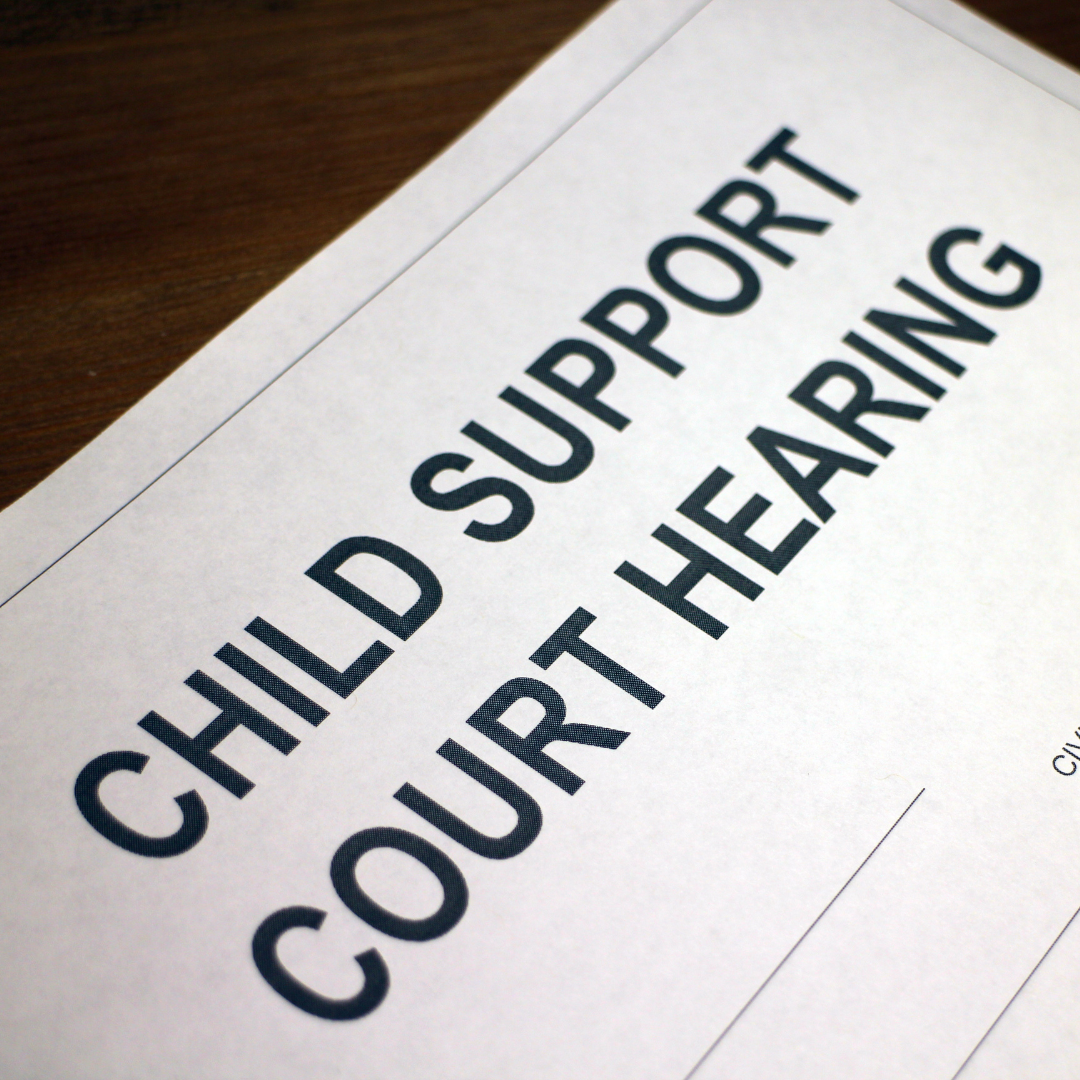
Chapter 13 bankruptcy is a reorganization bankruptcy that allows individuals to repay their debts over a three to five-year period. In Chapter 13 bankruptcy, non-dischargeable debts are treated differently than in Chapter 7 bankruptcy. While the debtor is still responsible for paying these debts, they can be included in the debtor’s repayment plan. This means that the debtor can repay these debts over a period of time, rather than having to pay them in full immediately. The following is a list of non-dischargeable debts in Chapter 13 bankruptcy:
- Domestic support obligations, such as alimony and child support payments.
- Debt arising from a criminal act or fraud.
- Certain taxes.
- Student loans.
- Certain long-term loans such as a mortgage.
- Any debts that were not listed in the initial bankruptcy petition.
Exceptions to Non-Dischargeable Debts
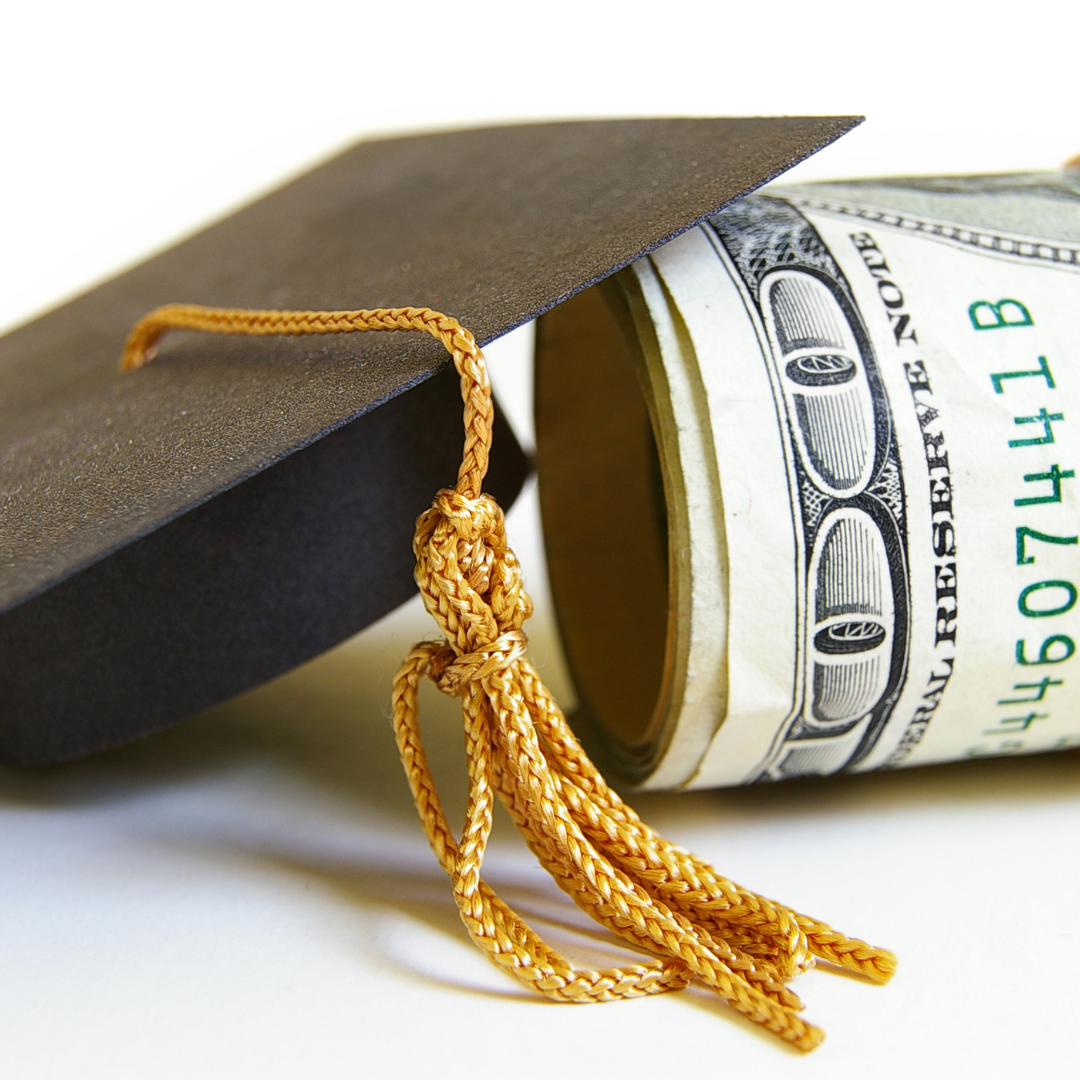
While most debts that are considered non-dischargeable cannot be eliminated in bankruptcy, there are some exceptions. For example, certain taxes may be dischargeable if they meet certain criteria, such as being over three years old. In addition, student loans may be dischargeable if the debtor can prove undue hardship. Other non-dischargeable debts include child support and alimony payments, secured debt obligations, and most federal fines and penalties. It’s important to consult with a bankruptcy attorney to determine if any exceptions apply to your non-dischargeable debts.
By understanding non-dischargeable debts and how to handle them, you can make informed decisions about your bankruptcy case and work towards a fresh financial start. At LSS Law, we are here to help you navigate the complexities of bankruptcy and achieve a better financial future. Contact us today to schedule a no-cost bankruptcy strategy session.
Conclusion
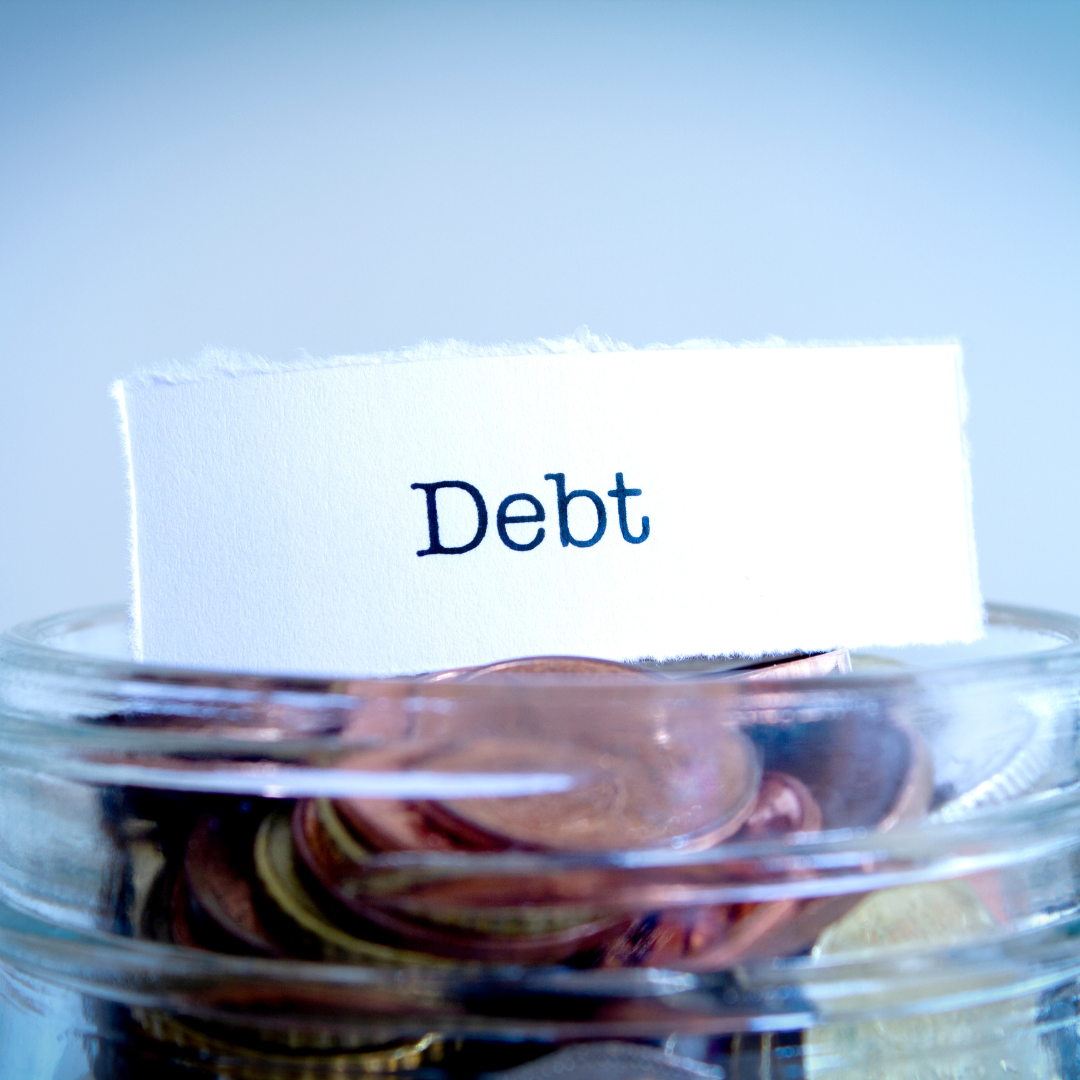
Understanding non-dischargeable debts is an important aspect of the bankruptcy process. Non-dischargeable debts are unlikely to be eliminated in bankruptcy, and failing to pay them can result in legal action, wage garnishment, or even foreclosure. Therefore, it’s important to seek professional help to understand the impact of non-dischargeable debts on your bankruptcy case.
Plan Your Bankruptcy for Free with a Complimentary Strategy Session from LSS Law
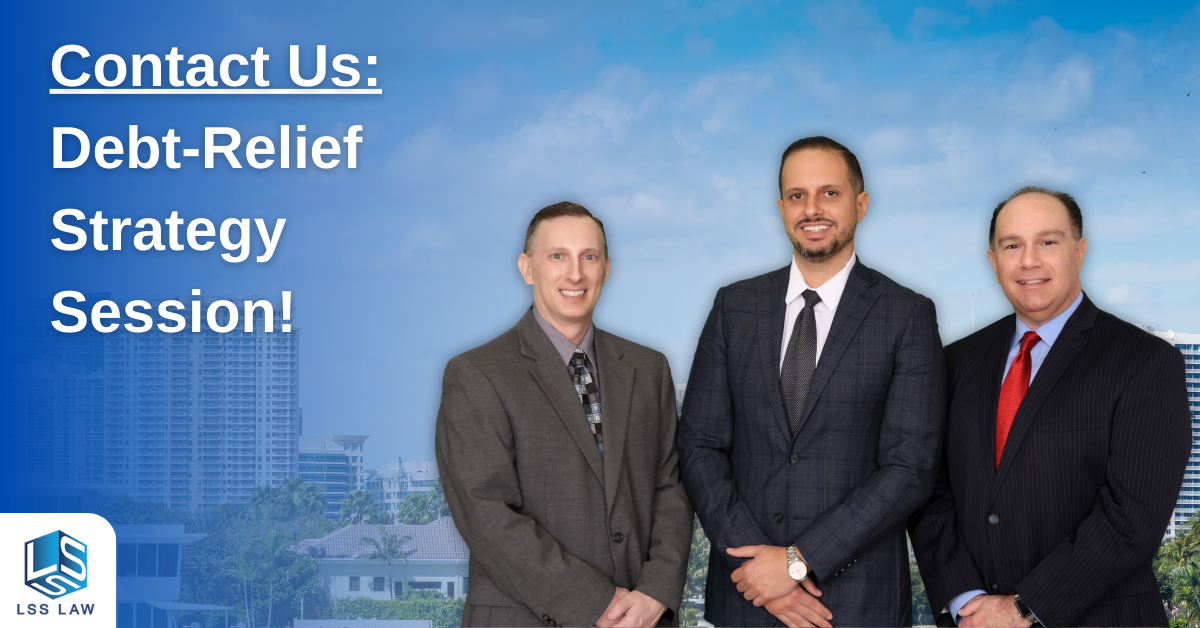
If you’re considering bankruptcy and have non-dischargeable debts, it’s important to seek professional help to understand the complex bankruptcy process and ensure that all non-dischargeable debts are properly handled. At LSS Law, our experienced attorneys offer no-cost, no-risk bankruptcy Strategy Sessions to help you understand your options and make informed decisions.
To schedule your free bankruptcy Strategy Session with an experienced bankruptcy lawyer, contact us at info@lss.law or call 954-466-0541. You can also visit our website at https://lss.law/contact-us/ to fill out a contact form and request a consultation. Don’t let non-dischargeable debts hold you back from a fresh financial start. Contact LSS Law today.
Non-Dischargeable Debts in Bankruptcy | Your Questions Answered
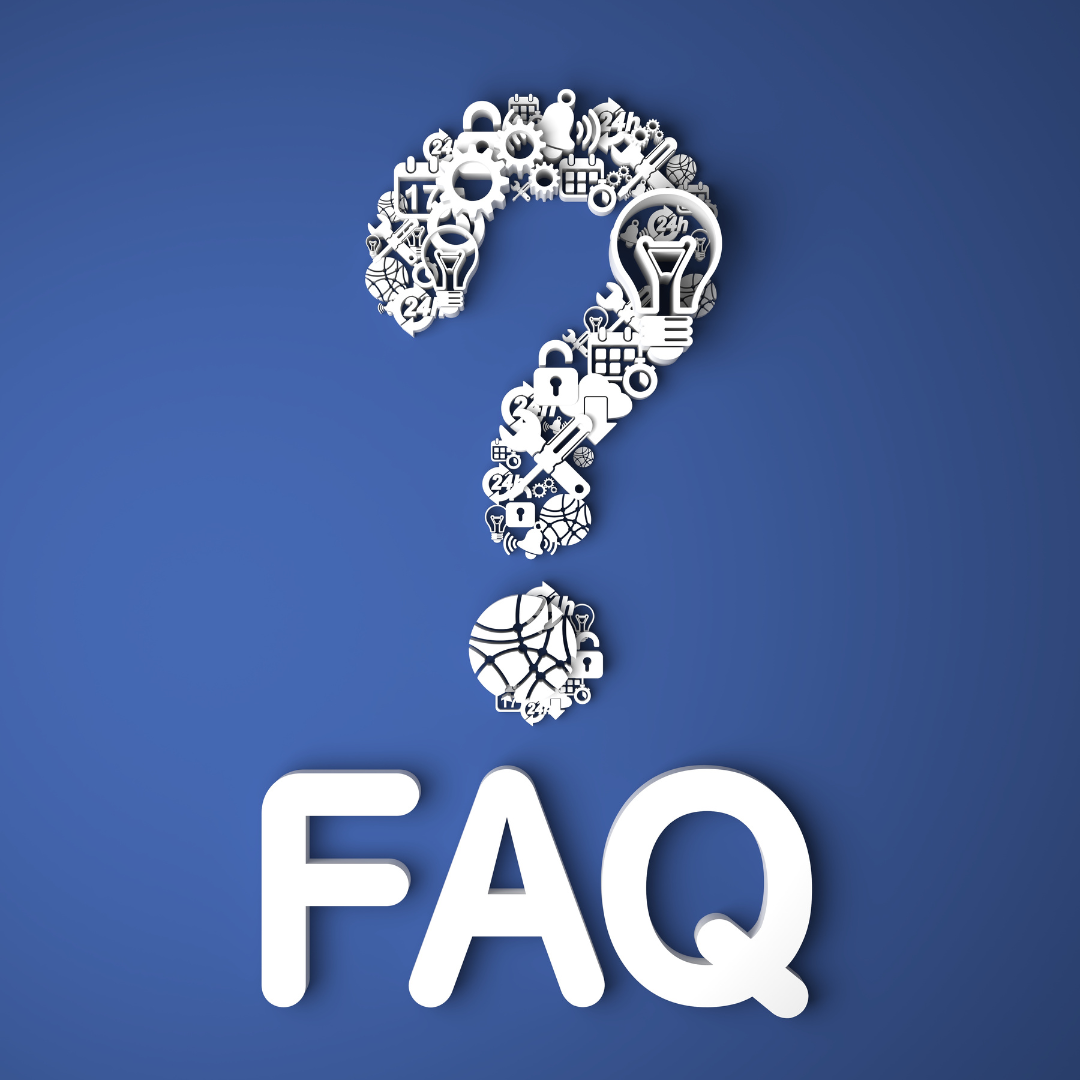
What does non-dischargeable mean?
Non-dischargeable in bankruptcy means that the debt cannot be eliminated through the bankruptcy process. The debtor will still be responsible for paying these debts even after their bankruptcy case is over.
Is a mortgage a dischargeable debt in bankruptcy?
In general, a mortgage is not considered a dischargeable debt in bankruptcy. This means that if you file for bankruptcy, you will still be responsible for paying your mortgage debt even if other debts are discharged. A mortgage is a secured debt and most unsecured debts are dischargeable, such as credit card purchases.
What are Unscheduled Debts?
Unscheduled debts are financial obligations that were not listed in a bankruptcy petition but should have been. They often include things such as unpaid medical bills, overdue utility bills, or money owed to an individual through a civil court judgment.
It is important for those who are considering filing for bankruptcy to disclose all outstanding debt and make sure that it is included on their bankruptcy petition in order to avoid any potential problems further down the line.
Are there any debts that are not dischargeable under Chapter 7?
Yes, there are several debts that are not dischargeable under Chapter 7 bankruptcy. Examples include payroll taxes, most student loans, some tax debt, debts that were incurred by fraud, alimony, and child support.
In Chapter 13, there may be an opportunity to restructure a lien on secured debt so that the debt will go away when a discharge is entered.
What debts are not dischargeable in Chapter 13?
Similar to Chapter 7 bankruptcy, some examples of non-dischargeable debts in Chapter 13 include payroll taxes, most student loans, some tax debt, debts that were incurred by fraud, alimony, and child support.
What happens to non-dischargeable debts?
Non-dischargeable debts survive the bankruptcy process, and the debtor is still responsible for paying them off even after their bankruptcy case is over. Typically, these debts include child support payments, alimony payments, student loans, certain taxes and fines, and any debts that were not listed in the original bankruptcy petition. Failure to pay these debts can result in legal action, wage garnishment, or even foreclosure.






